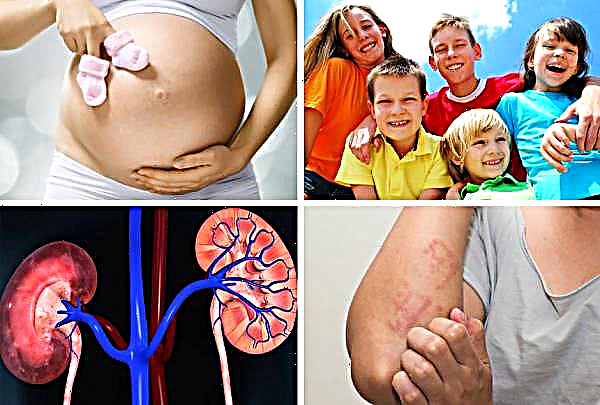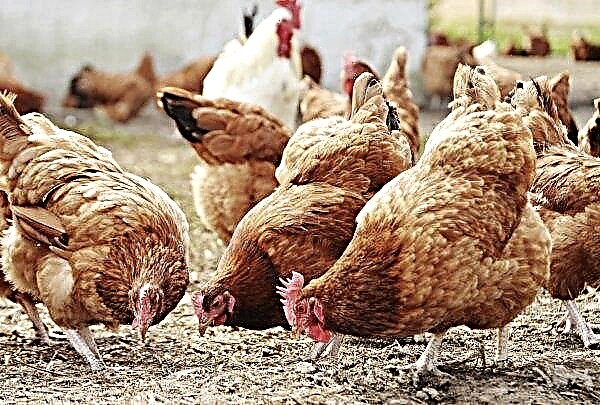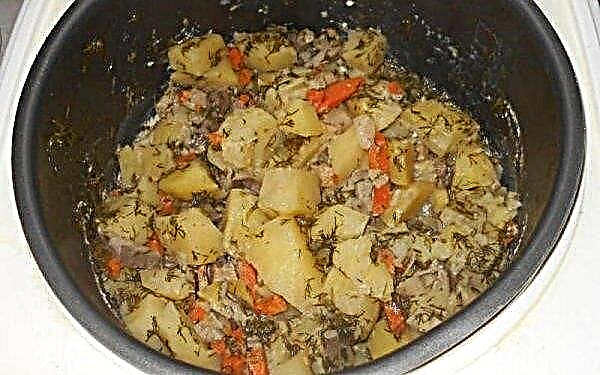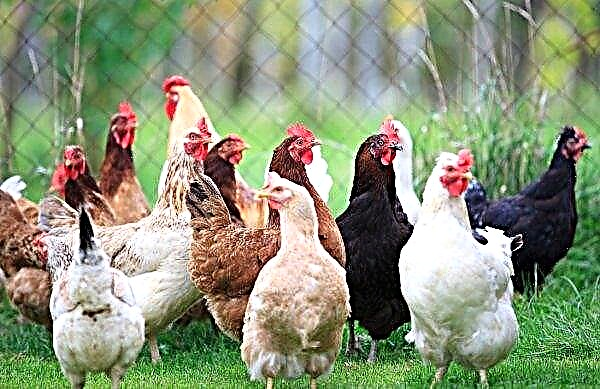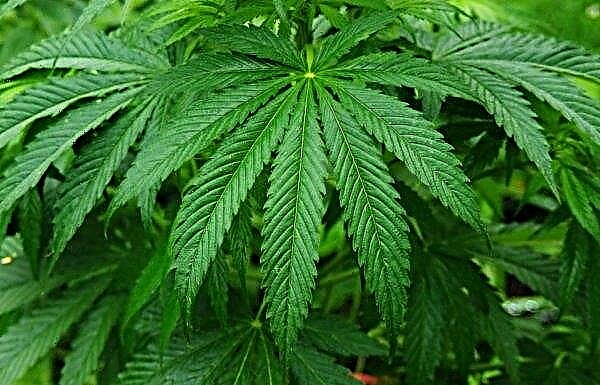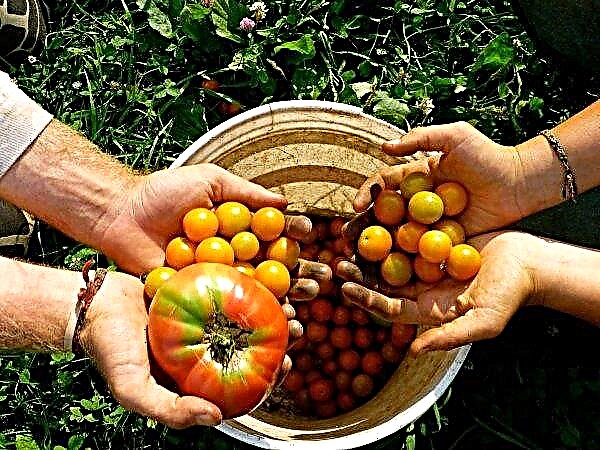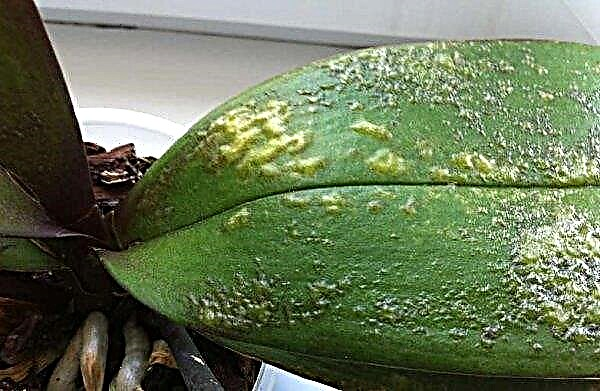The Swiss government intends to liquidate its emergency coffee supplies, which it began to accumulate between the First and Second World Wars in order to prepare for a potential shortage of this product.
The accumulation of coffee reserves continued in the following decades due to a possible shortage associated with wars of natural disasters or epidemics. The government now hopes to end this practice by the end of 2022.
Currently, 15,300 tons have been accumulated - this is enough for a three-month consumption by the whole country. The government says coffee is “not important for life,” so it does not need to be included in emergency reserves.
“Coffee practically does not contain calories and, therefore, from a physiological point of view it does not contribute to a nutritious diet,” the statement of the Federal Office for Economic Affairs says. The Government Plan has already been published for public comment, and a final decision is expected in November.
But not everyone likes it and the opposition to this decision is growing. According to Reservuisse, a Swiss food supplier in charge of food stocks in the country, 12 out of 15 companies that accumulate coffee stocks in the country intend to continue to do so.
The Swiss are big fans of coffee, consuming about 9 kg per person per year, according to the International Coffee Organization. This is almost three times more than consumed in Britain.



